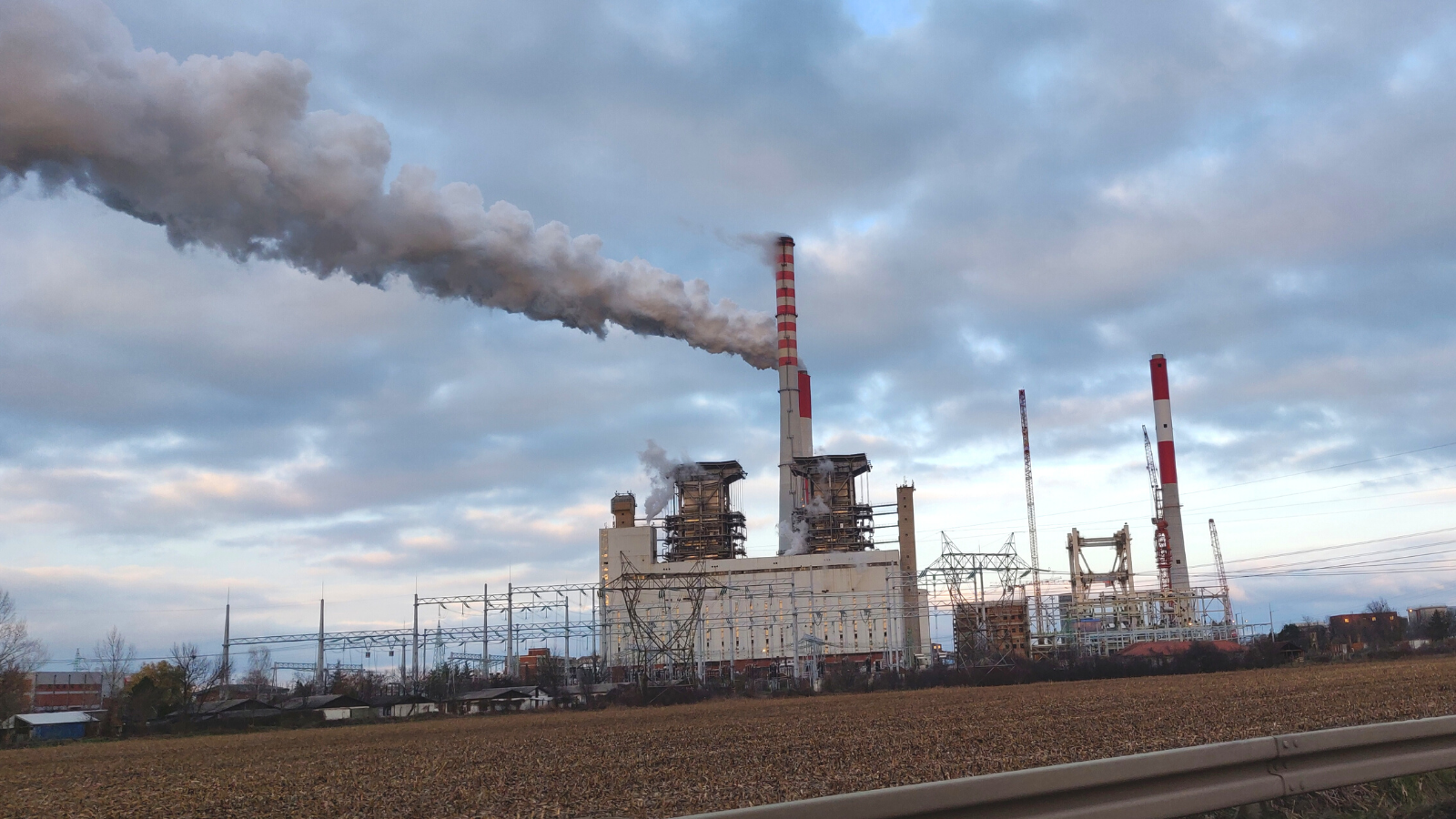Kostolac B power plant (B1, B2), Serbia
The Kostolac B power plant, consisting of 2 units of 350 MW each, first started operating in 1987. In 2024, the plant delivered 4359 GWh of electricity to the grid, around 14 per cent of the country’s coal-based generation.

Photo: Kostolac B power plant, Serbia, Dec 2021.
Stay informed
We closely follow international public finance and bring critical updates from the ground.
Background
Serbia’s energy utility EPS secured financing for a complete overhaul of Kostolac B1 and B2 in December 2011. A USD 293 million loan was taken by the Government of Serbia on behalf of EPS from China Exim Bank to equip the two units with flue gas desulphurisation (de-SOx) technology and bring the plant’s SO2 emissions in line with the Large Combustion Plant Directive. This should have been done by the time the Directive entered into force in January 2018. The company contracted for the works was the China Machinery and Engineering Corporation (CMEC), the same company which has built a new unit at Kostolac B.
The works were finalised in July 2017, according to the Government. However, EPS’ 2018 Environmental Report shows that the application for a construction permit for the de-SOx installation was submitted only in November 2018 – more than a year after the opening ceremony for the facility. The permit was actually rejected twice – once in December 2018 and once in January 2019 – although the grounds on which rejections were issued by the Serbian authority are unknown.
The only explanation we received at the time from EPS and the Serbian Ministry of Energy and Mining was that the gypsum landfill was not ready for the de-SOx to start operation.
In December 2019, EPS launched a public consultation for an ‘updated’ Environmental Impact Assessment (EIA) report for the desulphurisation unit at Kostolac B, and public consultations were held in January 2020. The decision approving this new EIA for the already built de-SOx facility was made in August 2020.
In April 2021, the Ministry of Mining and Energy announced that in fact the facility has been operating in testing mode since October 2020 but annual emissions in 2020 were much higher than those in the previous year. Kostolac B released 95,097 tonnes of SO2 in 2020, which was enough to breach the national – not plant level – 2020 ceiling for this pollutant by 1.74 times.
In 2021, the plant finally started to decrease its sulphur dioxide emissions. It emitted 26,015 tonnes of SO2 – a significant reduction compared to 95,097 tonnes in 2020 – but still 1.6 times as much as allowed. However, in 2022 and 2023, its SO2 emissions increased, emitting nearly 5.8 times as much as allowed in 2023.
Since the period between the start of testing and requesting the operating permit for the desulphurisation equipment could not legally be longer than a year, EPS requested an operating permit in October 2021. The Ministry neither approved nor rejected this, so EPS made several more requests before finally obtaining the operating permit in January 2023.
In 2024, Kostolac B finally started to decrease its emissions, but it still emitted 2.3 times as much as allowed, or 15,218 tonnes.
Latest news
[Campaign update*] New legal complaint on Plomin C
Blog entry | 17 January, 2014Zelena akcija/Friends of the Earth Croatia has submitted a complaint to the Croatian Constitutional Court as part of its ongoing campaign to prevent the construction of the Plomin C power plant, which would be run on imported coal.
Read moreEBRD joins other financial institutions in restricting coal lending
Press release | 10 December, 2013The European Bank for Reconstruction and Development (EBRD) approved today during a vote of its Board of Directors a new Energy Strategy. The document is meant to give guidance on how to strategically use the bank’s resources over the next years to promote energy security and affordability and avoid dangerous climate change.
Read moreEBRD soft on coal sector corruption, new analysis shows
Press release | 9 December, 2013The European Bank for Reconstruction and Development has been approving financing for coal projects over which corruption allegations loom, and in some cases even while official corruption investigations were underway, according to an analysis published by CEE Bankwatch Network today.
Read moreRelated publications
Priority measures for energy efficiency in buildings: Discussion paper on energy poverty, energy sufficiency and deep renovation in the Western Balkans
Discussion paper | 27 January, 2026 | Download PDFIn the Western Balkans, buildings use more than 40% of energy, and they are poorly insulated, inefficient and reliant on outdated heating systems, leading to energy waste.
Implementation of the Climate Investment Funds Accelerating Coal Transition Investment Plan for North Macedonia, with recommendations for 2026
Briefing | 19 December, 2025 | Download PDFThis briefing takes a closer look at the Annual just transition implementation plan 2025 and gives several recommendations for the 2026 update.
Beyond the scoreboard: Energy sector transformation under the Reform and Growth Facility for the Western Balkans
Report | 5 December, 2025 | Download PDFThis analysis offers an overview of the energy-related reforms from Albania, Kosovo, Montenegro, North Macedonia and Serbia and then evaluates the countries’ progress.
